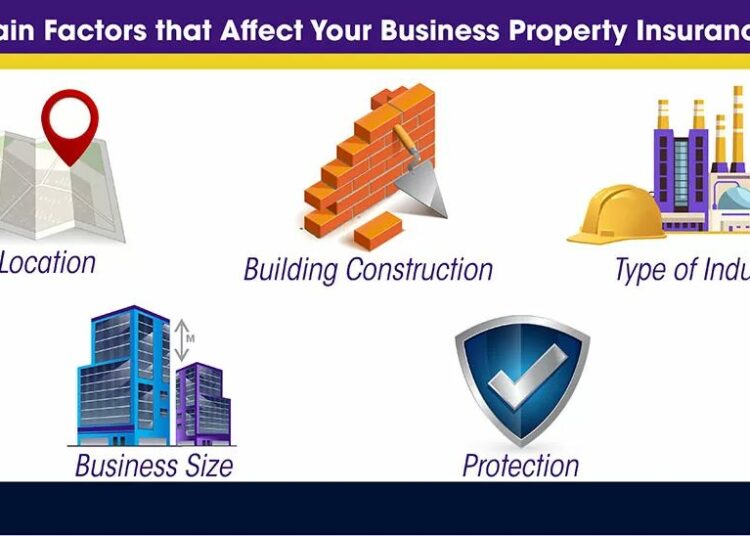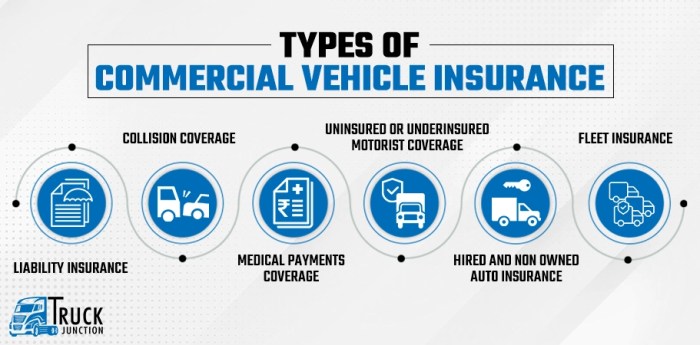Delving into the realm of Business property insurance rates, this introductory paragraph aims to provide a captivating overview of the topic, setting the stage for what lies ahead.
As we navigate through the details in the subsequent paragraphs, readers will gain a deeper understanding of the intricacies surrounding business property insurance rates.
Importance of Business Property Insurance Rates
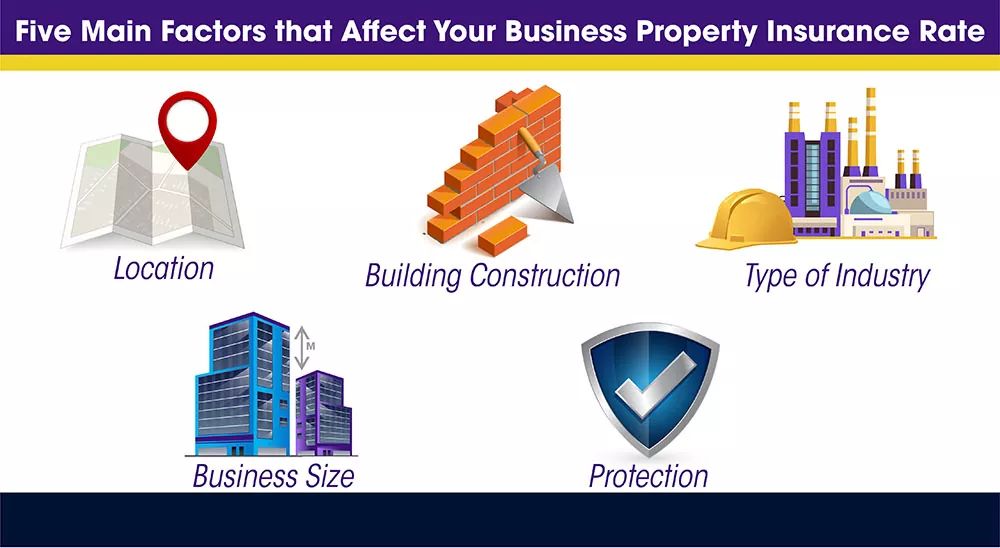
Business property insurance rates play a crucial role in safeguarding a company's assets and financial stability. These rates directly impact the overall financial health of a business, making it essential for organizations to understand the factors influencing them.
Factors Influencing Business Property Insurance Rates
- The location of the business plays a significant role in determining insurance rates. Areas prone to natural disasters or high crime rates may result in higher premiums.
- The type of business and its operations also affect insurance rates. Industries with higher risks, such as construction or manufacturing, may face higher premiums.
- The size and value of the property being insured will impact the insurance rates. Larger properties or those with high-value assets may require more coverage, leading to increased premiums.
- The safety measures implemented by the business, such as security systems, fire alarms, and sprinklers, can help lower insurance rates by reducing the risk of potential damages.
- The claims history of the business is another critical factor. Companies with a history of frequent claims may face higher premiums as they are perceived as higher risk by insurance providers.
Types of Business Property Insurance Coverage
When it comes to protecting your business property, having the right insurance coverage is essential. There are different types of business property insurance coverage available, each offering various levels of protection for your assets.
Standard Business Property Insurance Policies
Standard business property insurance policies typically include coverage for the following:
- Building Coverage: This provides protection for the physical structure of your business property, including the walls, roof, and foundation.
- Business Personal Property Coverage: This covers your business equipment, inventory, furniture, and other assets inside the building.
- Business Interruption Coverage: In case of a covered loss that causes your business to temporarily shut down, this coverage helps replace lost income and cover ongoing expenses.
- Liability Coverage: This protects your business in case someone is injured on your property and sues for damages.
- Additional Coverage Options: Depending on your policy, you may also have coverage for equipment breakdown, spoilage of perishable goods, and more.
Comparison of Coverage Types
When comparing different types of coverage, it's essential to consider the cost and benefits of each. For example, while building coverage may be more expensive, it provides crucial protection for your physical structure. On the other hand, business interruption coverage can help keep your business afloat during challenging times.
Understanding the various types of coverage available and their associated costs can help you make an informed decision when selecting a business property insurance policy.
Factors Affecting Business Property Insurance Rates
When it comes to determining business property insurance rates, several factors come into play. These factors can significantly impact the cost of insurance premiums for businesses. Let's delve into some of the key factors that affect business property insurance rates.
Impact of Location
The location of a business property plays a crucial role in determining insurance rates. Properties located in high-risk areas prone to natural disasters, such as floods, earthquakes, or hurricanes, are likely to have higher insurance premiums. Additionally, properties in high-crime areas may also face increased insurance costs due to the higher risk of theft or vandalism.
Size and Type of Business Property
The size and type of business property also influence insurance premiums. Larger properties typically require higher coverage limits, which can lead to higher insurance rates. The type of business property, whether it's a retail store, office building, or manufacturing facility, can impact the risk profile and, subsequently, the insurance rates.
Role of Security Measures
Security measures implemented at a business property can have a significant impact on insurance rates. Businesses with robust security systems, such as alarm systems, surveillance cameras, and security guards, are viewed as lower risk by insurance companies. As a result, these businesses may be eligible for lower insurance premiums compared to those with inadequate security measures in place.
Strategies to Lower Business Property Insurance Rates
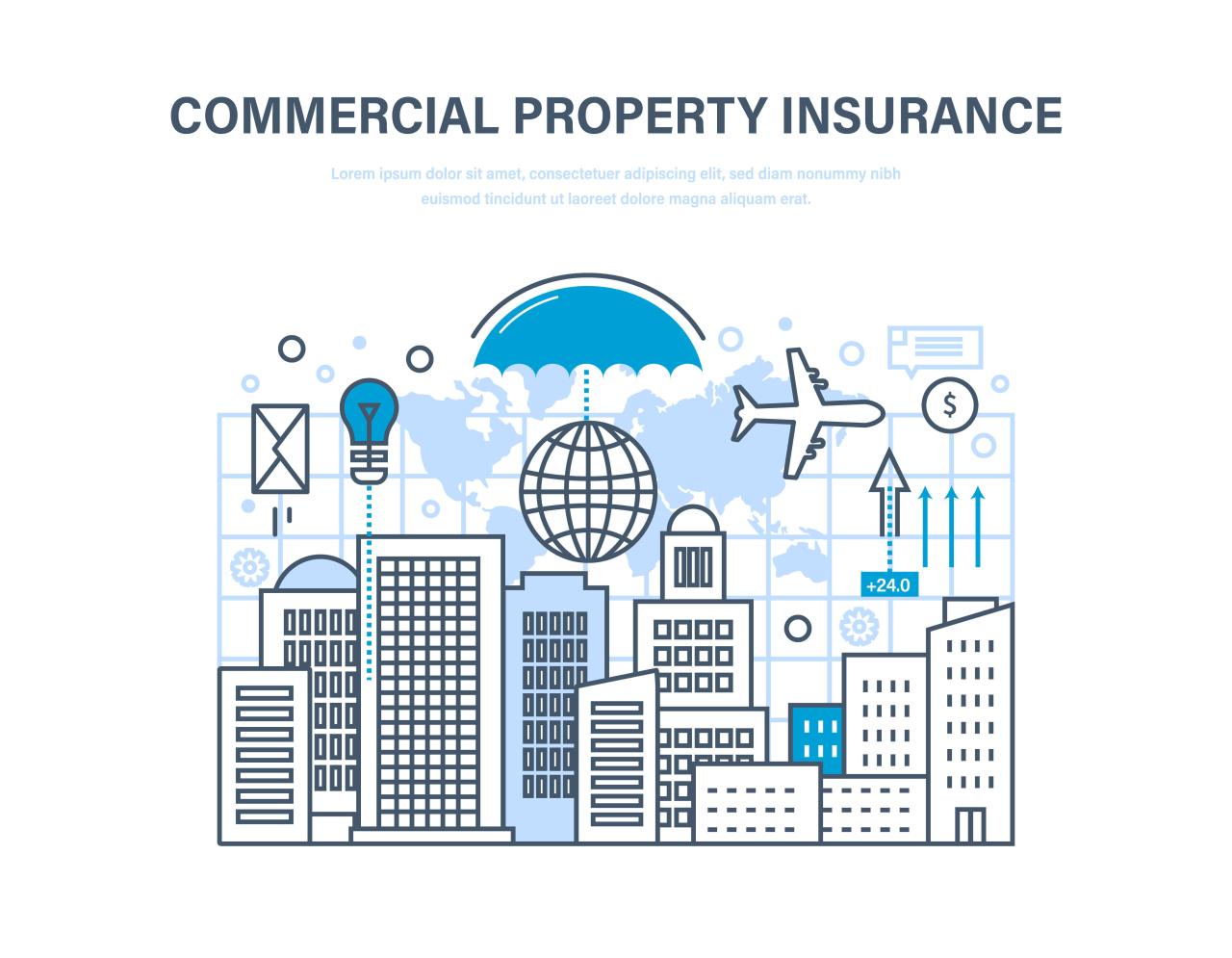
When it comes to reducing business property insurance rates, there are several strategies that businesses can implement. By taking proactive steps to mitigate risks and improve property safety, companies can potentially qualify for lower insurance premiums.
Importance of Risk Management
Risk management plays a crucial role in lowering insurance premiums for business properties. By identifying potential risks and implementing measures to prevent or minimize them, companies can demonstrate to insurers that they are proactive about protecting their assets. This can lead to lower premiums as insurers perceive the business as a lower risk.
- Conduct a thorough risk assessment to identify potential hazards and vulnerabilities.
- Implement safety protocols and procedures to mitigate risks and prevent accidents or losses.
- Train employees on safety measures and emergency response protocols to reduce the likelihood of incidents.
- Regularly review and update risk management strategies to adapt to changing circumstances or new threats.
Improving Property Safety
One effective way to qualify for lower insurance rates is by improving property safety measures. Insurers are more likely to offer competitive premiums to businesses that prioritize safety and have measures in place to protect their assets.
- Invest in security systems, such as alarms, cameras, and access control systems, to deter theft and vandalism.
- Maintain the property regularly to address any structural issues or maintenance concerns that could pose a risk.
- Implement fire safety measures, such as smoke detectors, fire extinguishers, and sprinkler systems, to reduce the risk of fire damage.
- Secure valuable equipment or inventory to minimize the impact of potential losses in case of theft or damage.
Concluding Remarks
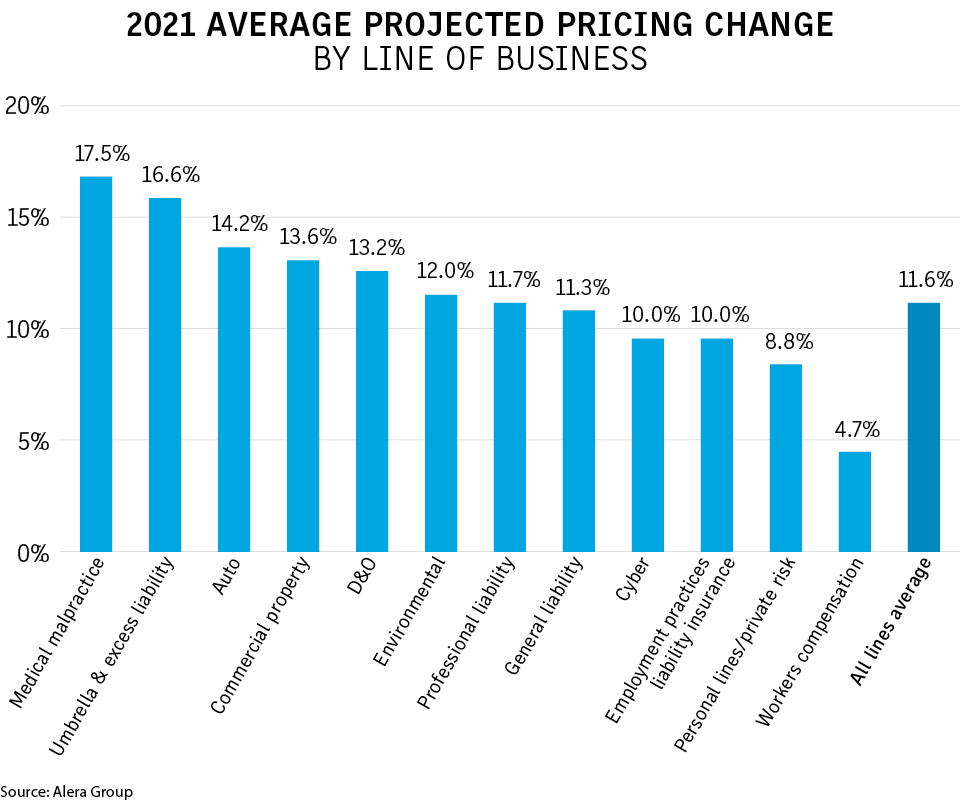
In conclusion, the discussion on Business property insurance rates sheds light on the importance of understanding various factors that influence insurance rates and strategies to navigate through them effectively.

